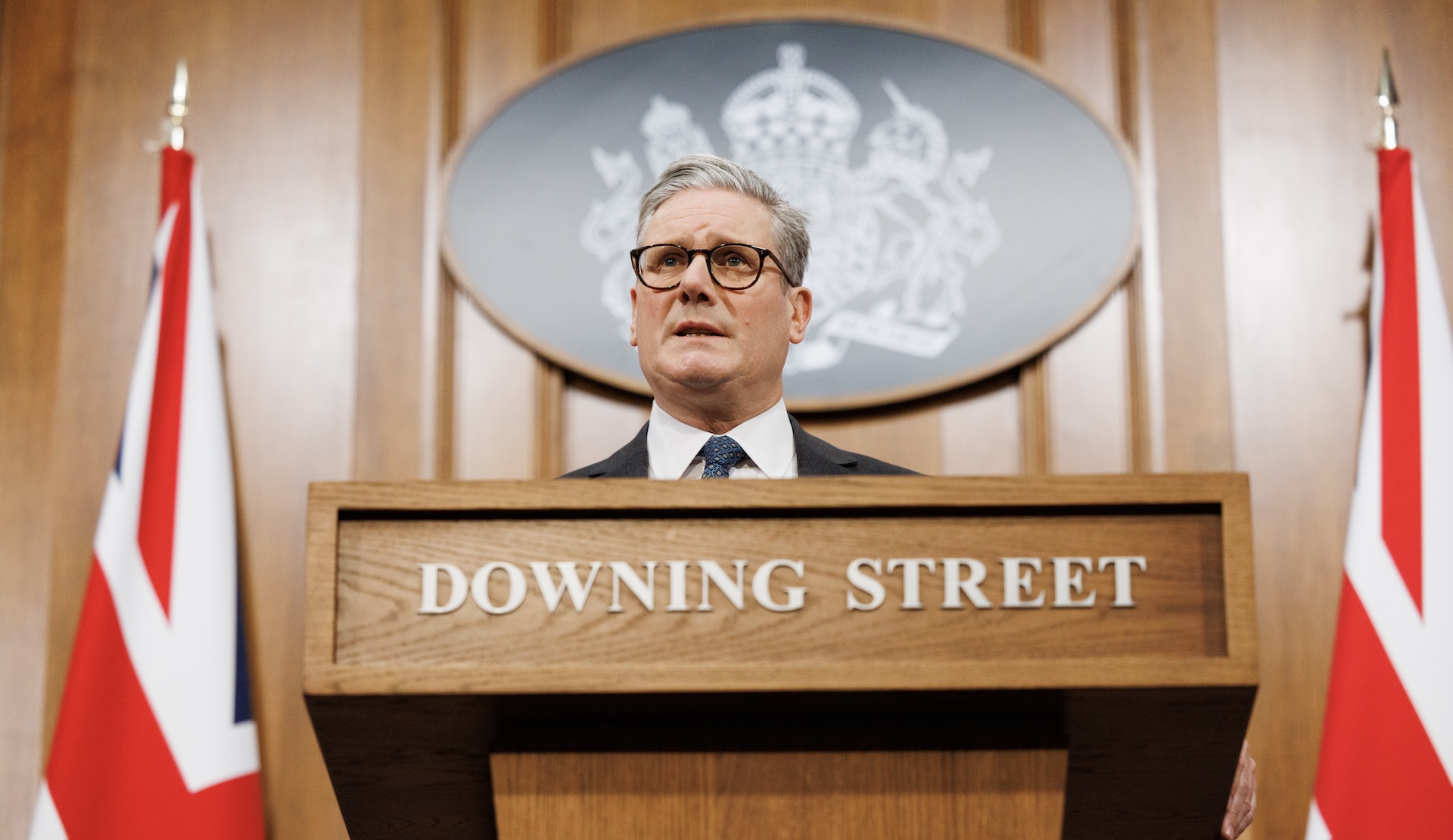“This means greater consequences for fraudsters who cheat and evade the system, including as a last resort in the most serious cases removing their driving licence.”
Kendall claimed this will be “backed up by new and important safeguards including reporting mechanisms and independent oversight to ensure the powers are used proportionately and safely”.
However, campaigners have expressed concerns about the extremity of powers the DWP could be given if this bill is approved in parliament.
Silkie Carlo, director of privacy and civil liberties campaign group Big Brother Watch, said: “We all want genuine fraudsters to face the law, especially the multi-millionaire tax avoiders and Covid scammers.
“But these extreme powers are not only about fraud but about correcting the government’s own frequent payment errors.
“We must be extremely cautious about the government creating a second tier justice system reserved for people who rely on welfare that side-steps fair hearings in courts to take away people’s funds and freedoms.”
Advertising helps fund Big Issue’s mission to end poverty
Benefit overpayments are not only made due to fraud but also because of error – either by the claimant or the government itself. DWP errors cost the country £800m in the financial year ending 2024.
The department already has the power to claw this money back from benefit claimants, which can be “devastating” for people who are already struggling to afford their essentials.
As the Big Issue has reported, the DWP also makes mistakes in accusing benefit claimants of debt.
A disabled woman had her disability benefits stopped and was accused of owing the government £28,000 in benefits overpayments – which the DWP admitted was a mistake when the Big Issue got in touch.
Meanwhile, a single mother was accused of a £12,000 debt, when the DWP actually owed her money.
This latest announcement comes after a series of government proposals around cracking down on fraud in the welfare system.
Advertising helps fund Big Issue’s mission to end poverty
DWP will also have the power to “recover debts from individuals no longer on benefits and not in PAYE employment who can pay money back but have avoided doing so”.
There will be new requirements for banks and building societies to flag where there is an indication that there may be a breach of eligibility rules for benefits.
The bill will also allow the DWP to request bank statements to prove debtors have sufficient funds to fairly repay what they owe.
However, the government also claims that the DWP will not have “direct access to bank accounts”.
Carlo added: “The public and parliament will rightly be very sceptical about empowering the government to go directly into anyone’s bank accounts to take our money and even our driving licenses, least not to target the elderly, disabled and people on the poverty line whose lives could be destroyed by mistaken punishments.
“This is not quite ‘the biggest fraud crackdown in a generation’, but one of the biggest assaults on the welfare system in a generation. It’s part of a wider plan that is turning British welfare into a digital surveillance system, with the government also introducing mass bank spying of the population under the same bill, on the premise of constantly investigating benefits claimants.
Advertising helps fund Big Issue’s mission to end poverty
“These are totally unprecedented privacy intrusions and punishments that will do more damage to fundamental British values of fairness and justice than to the serious fraudsters.”
The government has stressed there will be new safeguards to protect vulnerable people and that these powers will only be used “appropriately and proportionately”.
Micheal Erhardt, campaigner at Disability Rights UK, said: “The problem isn’t the social security budget – it is poor government direction and underfunding of public services that are leading to more and more people becoming physically and mentally unwell.
“When people are unwell or when they have long-term impairments or health conditions, then we as a decent society should give them the level of benefits that they need to live on. That’s something everyone agrees on.
“It is well evidenced that benefit levels don’t cover the essentials of life. It is well known that the personal independence payment (PIP) doesn’t cover all the extra costs of disability. And yet the government keeps talking about disabled people as the problem.”
The announcement comes amid Labour pledging to slash the welfare budget, with Keir Starmer saying that his government “will be ruthless with cuts if that’s what’s necessary”.
Advertising helps fund Big Issue’s mission to end poverty
“It is quite shocking that the government is willing to give a department well known for its failure to protect disabled people, like the DWP, new powers to introduce ‘algorithms’ to trawl vast troves of accounts at once,” Erhardt added.
“Given the DWP’s well-documented history of negligence, there is a serious risk that claims mistakenly flagged as fraudulent could trigger burdensome appeals processes and the erroneous suspension of benefits. This could easily leave people unable to eat, purchase essential medication or keep a roof over their heads.”
Do you have a story to tell or opinions to share about this? Get in touch and tell us more. Big Issue exists to give homeless and marginalised people the opportunity to earn an income. To support our work buy a copy of the magazine or get the app from the App Store or Google Play.










